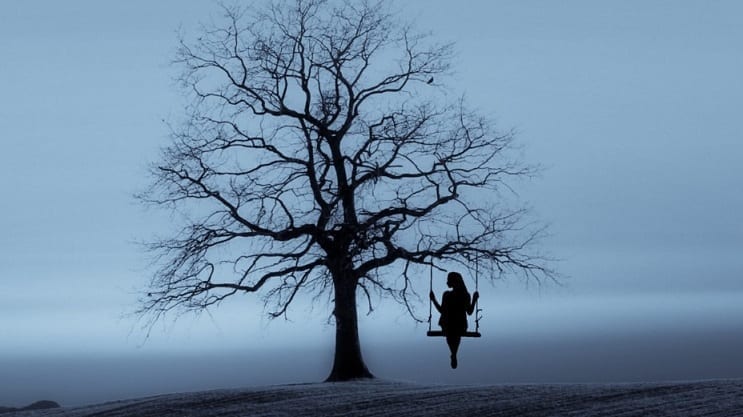Lawyers, doctors, and older workers experience high rates of loneliness. But it doesn’t have to be like this, and younger people are leading the way out.
Working long hours? Coming home late to an empty house with only the internet for company? You’re not the only one. In our increasingly busy and isolated era, the possibility of a loneliness epidemic is a concern not just for the lonely, but a matter of study for economists, politicians, and emergency managers alike. What we do about it has long-term implications for both our individual and collective health.
Loneliness can hit home for people in any demographic. BetterUp, a digital workplace coaching firm, recently surveyed over 1600 full-time workers about “the perception of being alone and isolated.” Their findings suggested that a high salary made little difference for perceived loneliness, but education and profession mattered much more, with lawyers topping the lonesome list, followed by doctors, engineers, and scientists, with social workers, marketers, and salesmen at the opposite end of the spectrum.
This doesn’t mean that the working class has more social support than those with more introverted professions. Economists Anne Case and Angus Deaton released a study in 2016 that traced a spike in suicide and substance abuse between 1998 and 2013 for white Americans across multiple age groups, but which hit less educated men between age 45 and 54 the hardest. This group was hit hard by the rise in inequality, the demise of unions, and precarious employment. Could white, working class American loneliness and isolation have been contributing factors in the rise of Trumpism and the kind of polarization that shredded our ability to share a common vision of reality?
A growing elderly population with fewer younger workers to look after them inspired the Japanese government to leverage the country’s technology industry to treat loneliness among the older generation. Humanoid robots work in some of Japan’s nursing homes, encouraging them with gently spoken words and engaging in artificially intelligent conversation. Japanese companies hope to capitalize by exporting robots to other countries with similarly aging demographics, perhaps creating even more positions (and loneliness) for engineers. And in China, where the one-child policy created a generation skewed male, lonely Chinese men with business in Africa have started to marry more African women.
Beyond the obvious (it’s sad to be lonely!), why does the loneliness epidemic matter? For one, it affects resilience in the face of emergencies. With Hurricane Florence battering the Carolina coast, many answered the call to evacuate the area, but not everyone was able to do so. People with extensive social networks had more options when it came to picking a destination to ride out the storm, and will have more help to pick up the pieces when it’s all over. Loneliness, like addiction, suicide, and poverty, signals a culture on a downward slide.

However, it doesn’t have to be this way. Some, like BYU professor Julianne Holt-Lunstad, blame a decreased marriage rate for the growth of American loneliness, but single people aren’t necessarily isolated. Other research suggests that people who live alone may be good at nurturing interpersonal relationships on their own terms, and redefining concepts like “family” more expansively. And, while participation in traditional organized religion may be dropping, especially among younger people, Millennials are finding meaning and connections in different venues, such as fitness classes.
For upcoming generations, the kind of loneliness that the Boomers and Gen X experience might not even be a factor anymore. During most of the human experience, membership in a group likely surpassed rugged individuality as the way we defined ourselves. As industrial culture recedes behind us, people may once again find guilds to be a useful way of organizing in order to make and grow the things we need, for spiritual practice, for mutual protection and risk pooling, and maybe even combating loneliness. When businesses, institutions, and governments fail, as they did in Puerto Rico in the aftermath of Hurricane Maria, the power of people to pull together and get things done may be what saves us from our loneliness after all.
Related: Cooperation Helps Achieve Goals Together


Join the conversation!